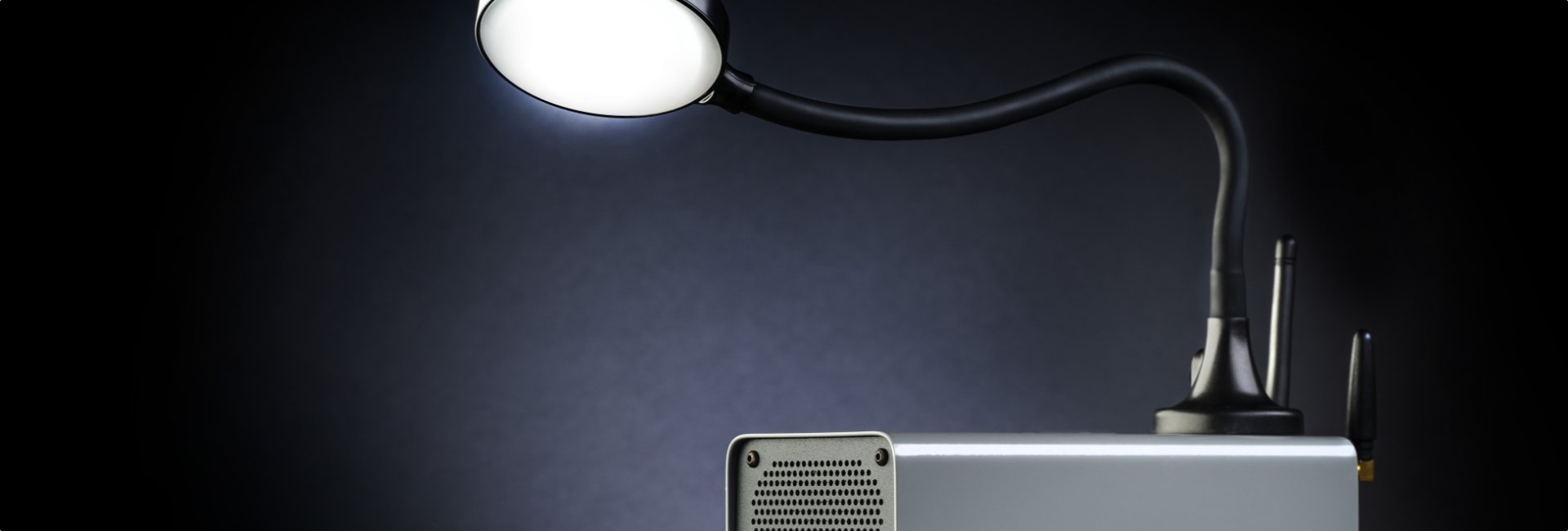Experiential marketing is a type of marketing that focuses on creating amazing experiences for customers. Instead of simply promoting a product or service, brands and retailers create experiences in which they use their products.
Experiential retail, also known as retailtainment, is one of the most recent trends in the retail sector. Stats show that shoppers expect more from retail brands and they will even pay more for an experience.
Unlike other strategies, experiential marketing focuses on customer engagement, leaving the conversations on a secondary note.
Why is experiential marketing important?
By creating experiences, brands strengthen their brand awareness and brand loyalty. Experiential marketing is a powerful tactic if it is used right. Brick and mortar stores have an advantage over eCommerce platforms: they can connect with customers in real life, which makes it easier for physical retailers to try out experiential marketing.
Experiential marketing in retail might be a new trend, but it focuses on an important KPI that has been involved in retail since the beginning: customer engagement. Selling products once it’s easy, however, having loyal customers that know and love your store is a different thing.
That’s what experiential marketing does: it helps customers connect with brands on a whole different level. Ultimately, customers that resonate with the brand will end up making a purchase.
Examples of experiential marketing
Some retailers that understood the power of experiential marketing were Ikea and Target.
In 2011, Ikea created an event and invited 100 people to sleep overnight inside their store. The guests selected their bed, the type of mattress, and the bedsheets they liked. To complete the experience, these 100 guests also received tips and tricks from experts on how to sleep better.
Target Wonderland is another great experiential marketing in retail done right. Four years after Ikea offered the greatest sleeping experience, Target wanted to keep its customers awake and engaged. That’s why they created a pop-up store named Target Wonderland. The 16,000-square-foot store offered more than 10 different experiences for customers, including a jumbo Etch-a-Sketch. Designed especially for families with kids, this retailtainment campaign was a real success.


